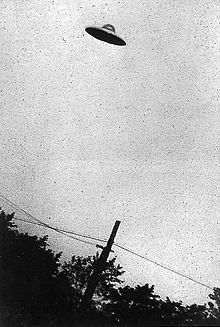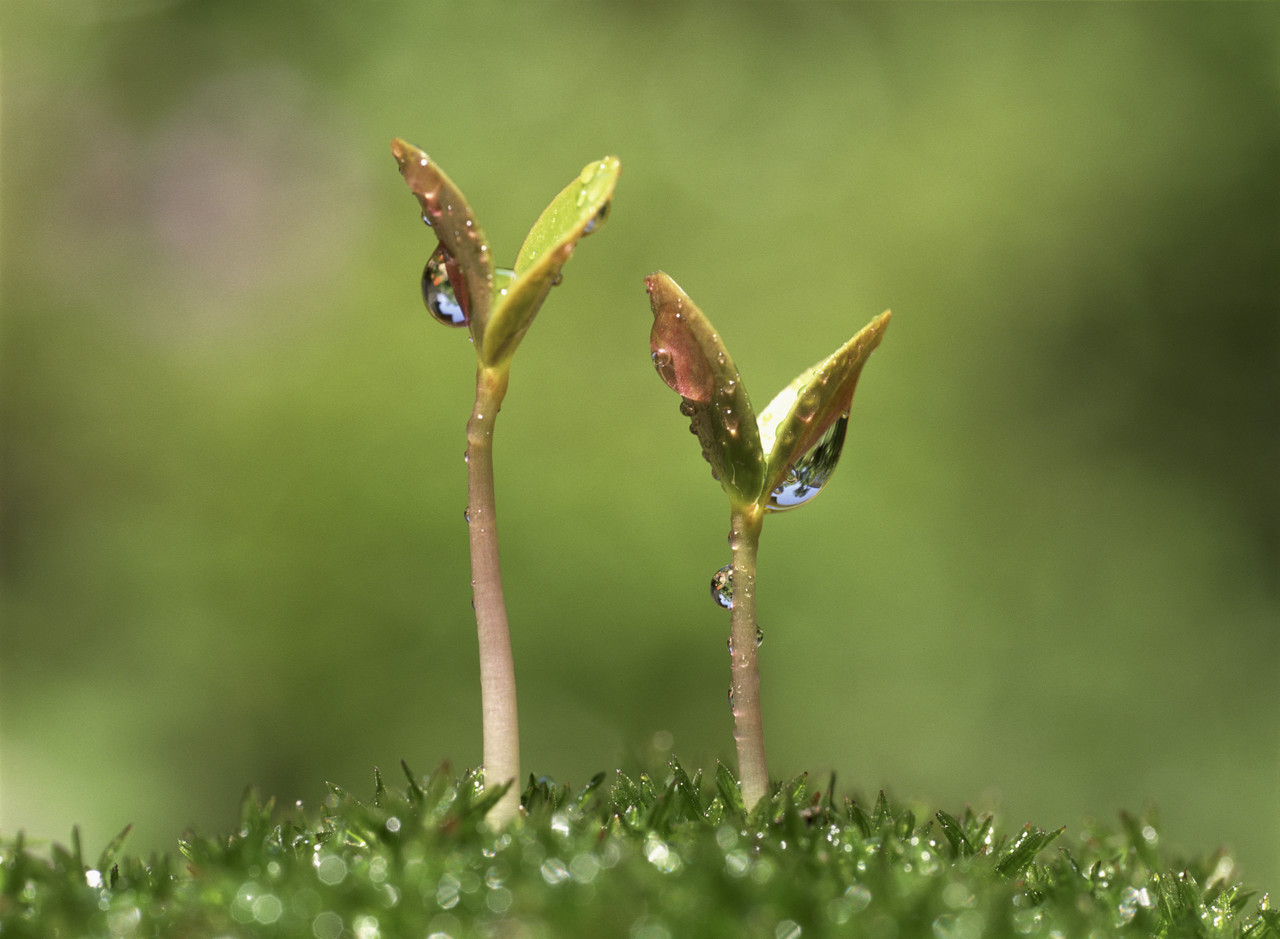One of the objectives of the course is to explain to the class why people become scientists. It is not the long training, low pay, endless hours or poor job security. I failed miserably to give a good answer in previous years. I got colleagues to post explanations, and the answers are good but its hard to get students to read the blog, and it made no impact when I read them out last year.
Category Archives: Thoughts about science
$100 says…
I was talking in today’s class about how political pressures can come on scientists, using the very local example of Mike Mann. If you are a climate change denier, you need his hockey stick to go away. It will go away only if it is wrong. This means many politicians and political operatives criticize the science behind it, even though the majority of climate scientists accept that it broadly correct. If you are a climate change denier, you get out of that one by saying that there is a conspiracy among climate scientists to stay silent about the truth in order to get grants.
Are we alone?
Tuesday, I did a class on whether there is life elsewhere in the universe. The students think this is one of the most interesting questions in science.Â
The good things
I had a staggeringly bad day. I am fighting the NIH over deeply unnecessary red tape. It’s been a shock to me how much worse the bureaucracy is in America compared to any where else I have lived (NZ, UK, Germany). Even buying and selling a car privately, which I did yesterday, involves way more bureaucracy than it does in those other countries. I am also trying to deal with bad chemistry between key people in my working life. And there are ongoing discipline problems in the class (which I will blog about when they are sorted).
 (2) I had a breakfast coffee with one of the SC200 students. She is highly motivated about the course, loves the critical thinking aspect, and is enjoying the topics I am teaching (these are the vehicles I use for getting across hard concepts). She is a theater major, and we had a very interesting discussion about performance art. My sort of teaching is performance art. Clearly, she had not thought about teaching like that before, though she got it as soon as I raised it. She made me think it would be really great to do a class (be student) in Professorial Theater 101. I wonder what we could do for PSU teaching if we got into that.
(2) I had a breakfast coffee with one of the SC200 students. She is highly motivated about the course, loves the critical thinking aspect, and is enjoying the topics I am teaching (these are the vehicles I use for getting across hard concepts). She is a theater major, and we had a very interesting discussion about performance art. My sort of teaching is performance art. Clearly, she had not thought about teaching like that before, though she got it as soon as I raised it. She made me think it would be really great to do a class (be student) in Professorial Theater 101. I wonder what we could do for PSU teaching if we got into that.Calming chickens
I spent the morning on chicken farms. We have an EEID grant to look for Marek’s disease virus in Pennsylvania. MDV has evolved to become seriously nasty. We’re working on the possibility that vaccines made it so. To me, it’s a fascinating question (although I have no deep understanding of why). And the context is fabulous. The efficiency of the poultry industry is mind blowing. It is incredible what smart people and market forces can achieve. Chickens used to be more expensive than oysters. Now… If humans can make chickens dirt cheap, and go to the moon, how come we can’t do simple things, like Middle East peace?
 But today, none of that coolness mattered. It was just really nice to be out with proper scientists Patty and Dave in a relaxed setting. And the nature of the work – sampling dust – is lovely. After a few hours, things are done, targets reached, and everyone is happy. It is never like that when you are teaching or running a research group. Always there is something you could do better, faster, more efficiently. Its enough to drive you mad.
But today, none of that coolness mattered. It was just really nice to be out with proper scientists Patty and Dave in a relaxed setting. And the nature of the work – sampling dust – is lovely. After a few hours, things are done, targets reached, and everyone is happy. It is never like that when you are teaching or running a research group. Always there is something you could do better, faster, more efficiently. Its enough to drive you mad.Does God exist?
In class today, I talked about the question of whether prayer heals. This question very naturally lends its self to scientific experimentation. I based the class about one such study [Leibovici (2001) Effects of remote, retoactive intercessory prayer on outcome in patients with blood stream infection: randomised controlled trial. British Medical Journal 323: 1450-1.pdf]. It’s a great hook to get across lots of stuff, like the difference between faith (where no data will change your mind) and science (where data makes a difference). It also illustrates hypothesis testing, experimental design, chance, third variables and a whole lot of other good stuff, not least the sheer beauty of the randomized controlled trial.

Peer review
For two years now, I have been pondering how to teach my students about peer review. Love it or hate it, peer review is an essential part of science. Expert scrutiny makes a huge difference. The review process is why you can trust scientific papers more than, say, the latest political diatribe. It is why I trust what climate scientists say, even though I cannot judge climate science myself.
The Responsibility
This is the time in semester when I still have the energy and enthusiasm to really feel the burden of this course. The students are busy writing their introductory blog entries, where they have to explain why they are not science majors, and why they are doing my course. The main goal of the exercise is to make sure they can work the blog, but what gets revealed are woeful tales of the failure of K-12 science education (some particularly disturbing examples: 1, 2, 3, 4, 5).
Indian summer
I got back from India yesterday, in time to start SiOW 2012 tomorrow. I wish I could take the class on a trip to India. The places we work – the places where malaria is – are not the places tourists go. Yet among the trash and the smells and the grime and the very poor, there are advertisements for schools and colleges that offer math and science as a way out. And while we were there, the Indian prime minister was talking enthusiastically about investing in science as a way to maintain the phenomenal growth of the last decade. It is such a contrast to the Presidential campaign happening here. The Indians see math and science the way Americans did in the 1950s. I wonder whose century the 21st Century will be.
Tenure
During the class session with the Dean on the Penn State scandal, one of the students asserted that professors with tenure teach less well.
…not everyone tap dances well, meaning that Penn State appoints faculty for their abilities on a number of different criteria, of which teaching is quite rightly just one. But just a few months back, prompted by an article our local newspaper about the luxury of tenure, my colleague Marcel Salathe and I concluded that the talented could survive without it and indeed, that maybe it would sharpen everyone’s game to be without the tenure safety net. Sure there might be some subjects (economics?) where the protection is necessary so that faculty can investigate the unpopular. But most disciplines don’t need it, surely not ours. And there are PSU Faculty who take it seriously easy once they get tenure.






